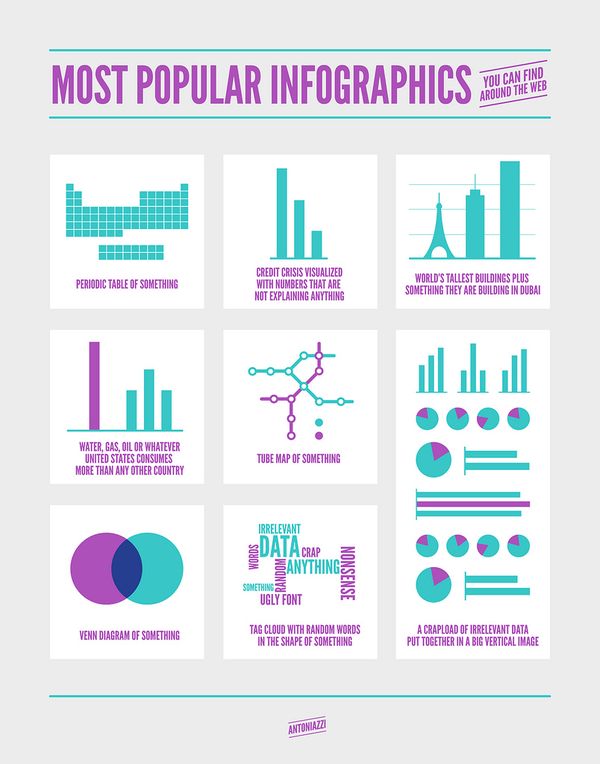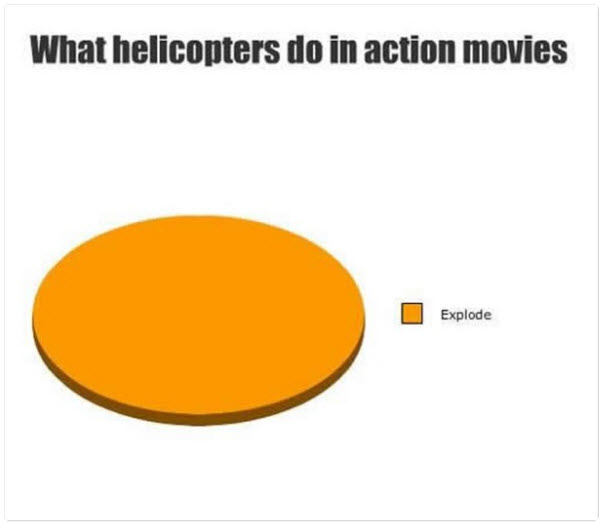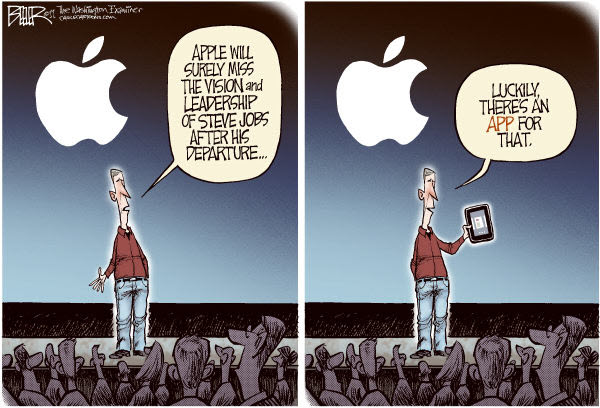 Moneyball is out in theaters. Lots of people consider it a sports movie; but, it is so much more.
Moneyball is out in theaters. Lots of people consider it a sports movie; but, it is so much more.
Yes, it is the film version of the book by Michael Lewis (which was a pretty good read). Still, underneath the sports story, it is about finding and refining an edge (or sustainable competitive advantage).
If you've ever thought "if I'm so smart and talented, how come I'm here"? You're not alone.
This is a movie about someone who "should" have been a star player … but never quite got there. Instead, he moved up to the front office of a pro team – and made his mark there, differently than he expected.
The big idea? Rather than following conventional wisdom, find something that gives you an edge. For example, If you ignore a lot of the obvious flaws that damage players in the eyes of professional scouts (bad legs, can't field, too thick in the middle, likes strip clubs or gets high too often), and you focus instead on a single, telltale metric — the percentage of times that they get on base — then tons of players who don't cost very much will turn out to be winners. What would happen if you built an entire team out of these green-diamond misfits?
Where there are undervalued assets to exploit, there are by implication overvalued ones to avoid. Sounds like business or trading, doesn't it? In any case, the scope and scale of the overvaluation is often so large, learning to identify and exploit those situations can be a winning recipe.
Here is a video trailer of the movie.
The underlying message is to focus a critical eye on everything you do and be vigilant about the process, reassessing, challenging assumptions and constraints to find a way that works for you.


 Imagine being lost deep in the woods, only to hear "Hello" or "What's Happening" come at you from afar. Hikers in Australia have increasingly been surprised to find no one there. Rather than hallucination, the calls have been coming from birds.
Imagine being lost deep in the woods, only to hear "Hello" or "What's Happening" come at you from afar. Hikers in Australia have increasingly been surprised to find no one there. Rather than hallucination, the calls have been coming from birds.








